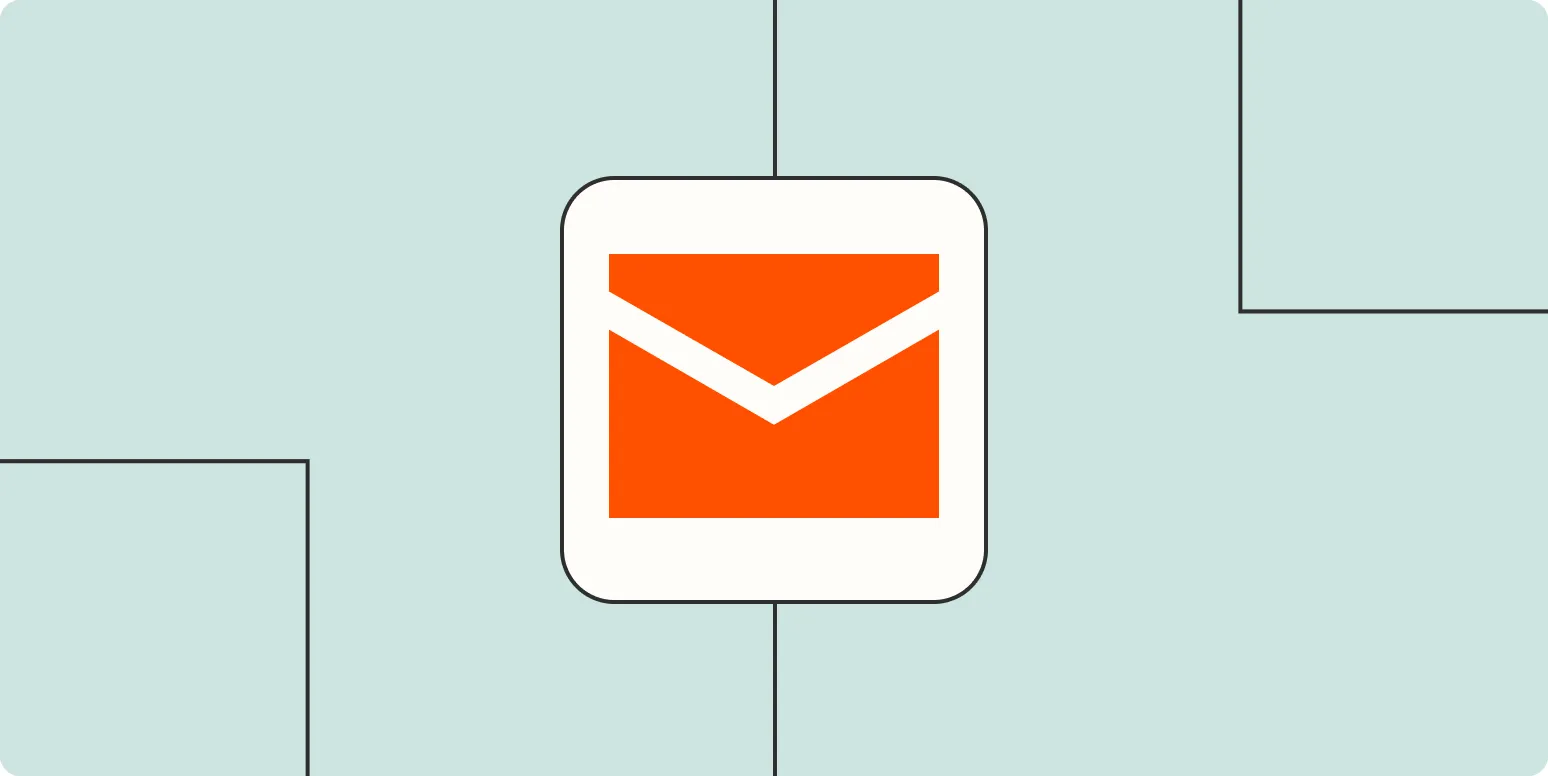Email marketing remains one of the most effective strategies for businesses looking to engage their audience and drive conversions. By adhering to best practices, marketers can enhance their campaigns and achieve better results. Below is a comprehensive list of 33 email marketing best practices, specifically tailored for businesses utilizing referrerAdCreative.
1. Build a Quality Email List
Focus on organic list building instead of purchasing email lists. Use signup forms on your website and social media to attract genuine subscribers.
2. Segment Your Audience
Divide your email list into segments based on demographics, preferences, and past interactions. This allows for targeted messaging that resonates with each group.
3. Personalize Your Emails
Utilize the recipient's name and tailor content based on their behavior. Personalization can significantly improve engagement rates.
4. Craft Compelling Subject Lines
Your subject line is the first impression. Make it catchy, concise, and relevant to encourage opens. Consider using A/B testing to find what works best.
5. Optimize for Mobile
With a significant number of users checking emails on mobile devices, ensure that your emails are responsive and easy to read on small screens.
6. Use a Clear Call-to-Action (CTA)
Make your CTA prominent and straightforward. Guide your readers on what to do next, whether it's visiting your website or making a purchase.
7. Maintain Consistency in Branding
Ensure your emails reflect your brand identity. Use consistent colors, fonts, and logos to build brand recognition.
8. Test Different Send Times
Experiment with sending emails at different times and days to determine when your audience is most likely to engage.
9. Monitor Email Analytics
Regularly track metrics such as open rates, click-through rates, and conversions. Use these insights to refine your strategies.
10. Clean Your Email List Regularly
Remove inactive subscribers and bounced emails to maintain a healthy and engaged list. This also helps improve deliverability rates.
11. Create Valuable Content
Provide content that adds value to your readers. This could include tips, resources, or exclusive offers that resonate with your audience.
12. Leverage User-Generated Content
Encourage your subscribers to share their experiences or feedback, and feature this content in your emails to build community and trust.
13. Use Engaging Visuals
Incorporate images, infographics, and videos to make your emails visually appealing. Just ensure they are optimized for faster loading times.
14. Utilize A/B Testing
Test different elements of your emails, such as subject lines, CTAs, and layouts, to discover what drives the best results.
15. Consider Timing and Frequency
Find the right balance in sending frequency. Too many emails can lead to unsubscribes, while too few may lead to disengagement.
16. Ensure Compliance with Regulations
Familiarize yourself with email regulations such as GDPR and CAN-SPAM. Make sure your emails include an unsubscribe option and adhere to best practices.
17. Incorporate Social Sharing Buttons
Make it easy for your subscribers to share your emails on social media. This can expand your reach and potentially grow your list.
18. Use Dynamic Content
Incorporate dynamic content that changes based on the recipient’s behavior or preferences, enhancing personalization and relevance.
19. Create a Welcome Series
Design a series of welcome emails for new subscribers. This is a great way to introduce your brand and set the tone for future communications.
20. Highlight Customer Testimonials
Include positive feedback or testimonials in your emails to build credibility and encourage conversions.
21. Utilize Countdown Timers
Incorporate countdown timers for promotions or limited-time offers to create urgency and drive quicker responses.
22. Optimize Your Preheader Text
Make the most of the preheader text, as it provides additional context to your subject line and can influence open rates.
23. Ensure Accessibility
Design your emails to be accessible to all users, including those with disabilities. Use alt text for images and appropriate contrast ratios.
24. Implement Feedback Loops
Encourage feedback from your subscribers to continually improve your email content and strategies.
25. Use Engaging Language
Write in a conversational tone and use language that resonates with your audience. Avoid jargon and overly technical terms.
26. Leverage Automation
Set up automated email sequences for onboarding, reminders, and follow-ups. Automation saves time and ensures timely communication.
27. Monitor Deliverability Rates
Keep an eye on your deliverability rates to ensure your emails are reaching inboxes, not spam folders.
28. Encourage Referrals
Implement referral programs and encourage your subscribers to share your emails with friends and family. Offer incentives for referrals.
29. Analyze Competitor Strategies
Learn from your competitors by analyzing their email marketing strategies. Identify strengths and weaknesses to enhance your own campaigns.
30. Utilize Surveys and Polls
Engage your audience with surveys or polls to gather insights and opinions, making them feel valued and involved.
31. Offer Exclusive Content
Provide subscribers with exclusive content or early access to products/services to make them feel special and appreciated.
32. Stay Up-to-Date with Trends
Regularly research and stay informed about the latest email marketing trends and technologies to keep your strategies fresh and effective.
33. Foster Relationships
Remember that email marketing is about building relationships. Engage with your audience authentically, and always prioritize their needs and interests.
By implementing these email marketing best practices, businesses leveraging referrerAdCreative can enhance their email campaigns, boost engagement, and drive conversions effectively.





